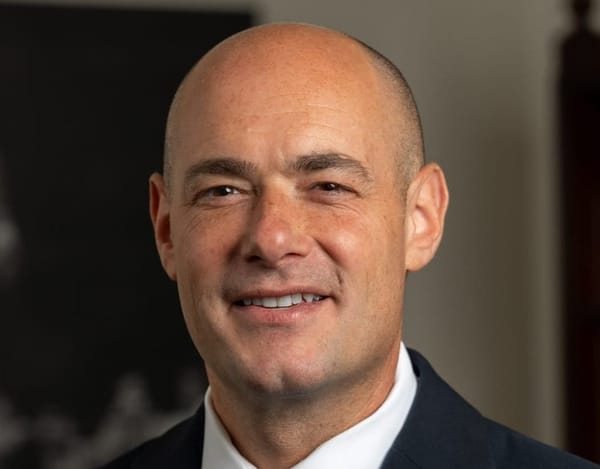Sen. Mark Warner Says He’ll Push to Make ‘Rip and Replace’ Funding a Priority
$1.5B Innovation Fund money must focus on O-Ran, senator says.
Ahmad Hathout

WASHINGTON, March 28, 2023 – Senator Mark Warner, D-Virginia, said Thursday that Congress needs to do more to ensure a fund intended to replace technologies in the country’s communications networks deemed a national security risk is replenished.
“We need more,” Warner said, responding to a question during his keynote speech at an event hosted by law firm Hogan Lovells about open radio access networks. Warner is the chair of the Senate select committee on intelligence and subcommittee on national security, and is a member of the budget committee and global competitiveness.
“[I’m] trying to make sure that that becomes enough of a priority,” Warner added. “We need to do it.”
The Federal Communications Commission was granted $1.9 billion for the rip and replace program as required by the Secure Networks Act. The program is intended to reimburse providers for removing perceived problematic gear, largely from Chinese companies like Huawei and ZTE, from their networks.
But the FCC has already identified a roughly $3 billion shortfall in the funds because requests from applicants far exceeded the amounts available. In January, the commission said in a report that nearly half of respondents required to submit status reports on their replacement efforts complained about a lack of funding.
Industry associations, including the Competitive Carriers Association and the Rural Wireless Association, have raised the issue to the FCC for months. The fact that the omnibus spending bill didn’t include rip and replace funding apparently “stunned” the Telecommunications Industry Association.
Warner’s comments came during a discussion on open and interoperable radio access networks, or O-RAN, which experts and officials said would lead to better security for the country’s networks. O-RAN is expected to allow providers use different vendors in their radio networks instead of relying on proprietary technologies from specific companies.
Specifically, Warner touched on the National Telecommunications and Information Administration’s $1.5 billion Innovation Fund grant program, which is principally intended to promote open technologies and to seek alternatives to Chinese wireless products, which are attractive because of their relatively lower prices. The funds were provided by the Chips and Science Act of 2022.
But Warner warned that funding could get lost in other priorities.
“We need to make sure that this money is spent on O-RAN deployment and not simply cyber training under a different name, so I still got work to do with the administration,” Warner said. “I need your help and support on that,” he told the crowd of experts, which included global telecoms.
Warner said there needs to be more American company involvement in international standard-setting bodies, especially for O-RAN, so that there are existing alternatives to problematic company products.
He also said there needs to be more test sites for O-RAN, such as in India. “We need more markets to try this out,” he said of O-RAN.
“We need to push, both domestically and around the world, on more test beds to try out this technology as we see it rolled out…we need to test it.
“The [Chinese Communist Party] is not playing for second place.”








Member discussion